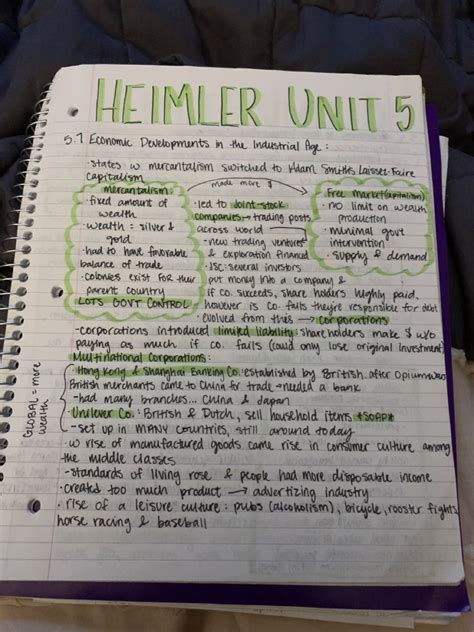Introduction

The Early Modern World, spanning from the 16th to the early 19th centuries, witnessed transformative changes that shaped the global landscape. This pivotal period ushered in new technologies, ideas, and interactions, laying the groundwork for the modern world we know today.
The Age of Exploration and Commercial Revolution
Key Points:
- European exploration and colonization led to the exchange of goods, ideas, and diseases between continents.
- The Columbian Exchange played a significant role in shaping the demographics and economies of the Americas, Europe, and Africa.
- The establishment of global trade networks fueled economic growth and the rise of capitalism.
Data:
- According to the World Bank, the volume of global trade increased by more than 300% between 1500 and 1800.
- The population of the Americas declined by an estimated 90% due to European-introduced diseases like smallpox and measles.
The Scientific Revolution and Enlightenment
Key Points:
- Scientific advancements in astronomy, physics, and mathematics challenged traditional beliefs and laid the foundation for modern science.
- The Enlightenment emphasized reason, humanism, and the pursuit of knowledge, leading to intellectual and political revolutions.
- Philosophers like Locke, Voltaire, and Rousseau championed individual rights and limited government.
Data:
- By the 18th century, scientific societies and academies flourished across Europe, fostering scientific collaboration and innovation.
- The publication of Isaac Newton’s “Principia Mathematica” revolutionized our understanding of the universe.
Political and Social Transformations
Key Points:
- Monarchies and empires grew in power and territorial reach, but also faced challenges from rising nationalism and representative governments.
- The Industrial Revolution in Britain triggered urbanization, factory production, and technological advancements.
- Social hierarchies and gender roles evolved in response to economic and social changes.
Data:
- The British Empire became the largest empire in history, spanning over 13 million square kilometers.
- Urbanization led to rapid population growth in cities, with London and Paris exceeding 1 million inhabitants by the late 18th century.
The French Revolution and Revolutions of 1848
Key Points:
- The French Revolution in 1789 sparked a wave of democratic revolutions across Europe and beyond.
- The revolutions of 1848, inspired by the French Revolution, challenged monarchical rule and advocated for liberal and socialist reforms.
- Despite setbacks, the revolutions of this period planted the seeds for future democratic movements.
Data:
- The French Revolution led to the execution of King Louis XVI and the establishment of the French First Republic.
- The revolutions of 1848 resulted in the overthrow of several monarchies and the adoption of constitutional governments in some countries.
The Impact of Technology and the Global Economy
Key Points:
- Industrialization and technological advancements transformed production, transportation, and communication.
- The steam engine, railroad, and telegraph facilitated the movement of goods and ideas across vast distances.
- Global capitalism intensified economic competition and interdependence.
Data:
- The population of the world increased rapidly, from an estimated 700 million in 1750 to over 1 billion in 1850.
- The British textile industry dominated the global market, accounting for over 60% of textile production by 1850.
The Challenges of the Early Modern World
Key Points:
- European colonialism often led to exploitation, conflict, and cultural oppression.
- The Industrial Revolution created social and environmental problems, such as pollution, poverty, and worker exploitation.
- Wars, famines, and epidemics continued to ravage populations around the world.
Data:
- The Atlantic slave trade transported an estimated 12 million Africans to the Americas between the 16th and 19th centuries.
- The Industrial Revolution resulted in widespread air and water pollution in European cities.
Conclusion
The Early Modern World was a period of unprecedented change and transformation. From the Age of Exploration to the Industrial Revolution, new ideas, technologies, and interactions reshaped the global landscape. While it ushered in advancements and economic growth, it also brought challenges and inequalities. Understanding this period is crucial for comprehending the origins of the modern world and the interconnectedness of global events.
